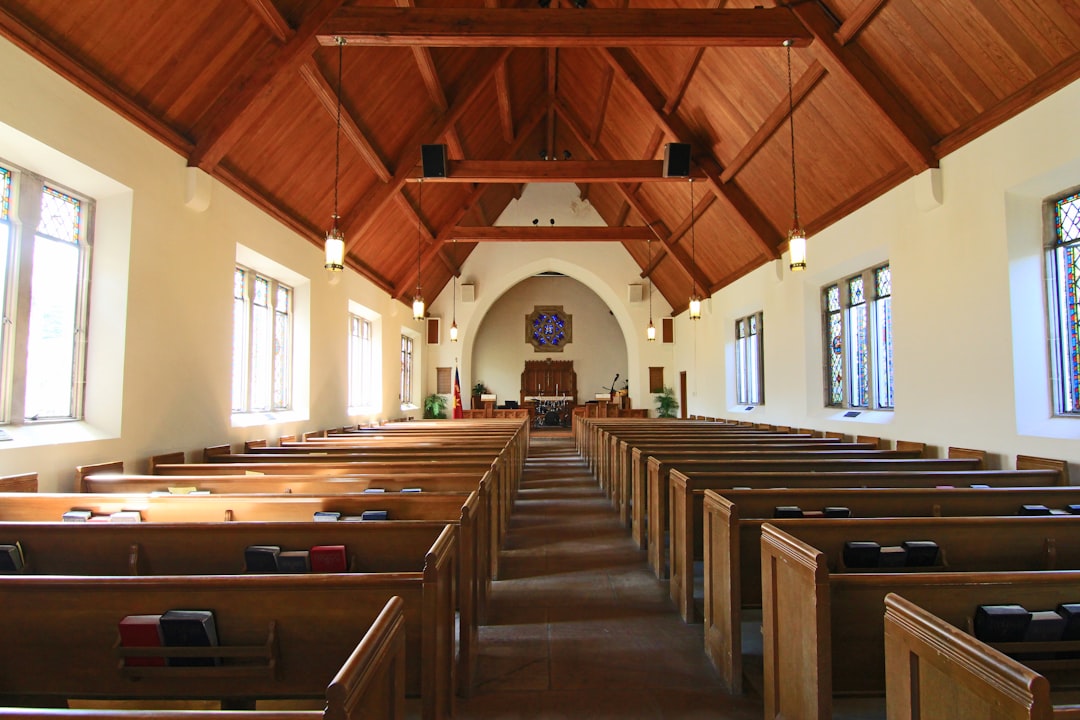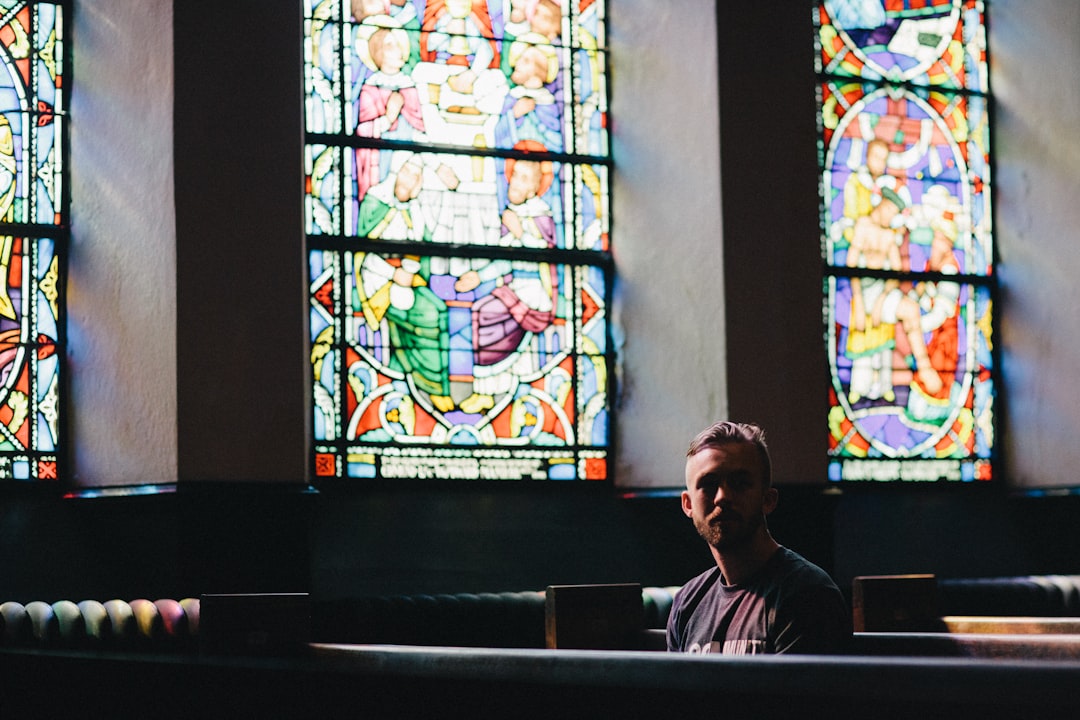In Texas, clergy sexual assault cases present unique legal challenges due to trust and confidentiality issues within religious institutions. Clergy abuse attorneys are crucial advocates for victims' rights, specializing in both criminal prosecution and civil lawsuits against institutional accountability. They leverage their expertise in legal processes, religious contexts, policy, doctrine, and state/federal laws to ensure justice for survivors while supporting their well-being throughout the legal process, making them essential guardians of justice for clergy abuse victims in Texas.
In Texas, clergy sexual assault cases present unique challenges due to their sensitive nature and complex legal landscapes. Understanding Clergy Sexual Assault: The Legal Perspective in Texas explores these complexities, highlighting the crucial role of clergy abuse attorneys in protecting victims’ rights. These specialists navigate intricate legal procedures, ensuring justice for those affected by clerical abuse. Navigating Legal Complexities: Strategies Used by Texas Lawyers delves into the strategies employed by these attorneys to handle such cases effectively, offering insights into how they safeguard victims and pursue accountability.
Understanding Clergy Sexual Assault: The Legal Perspective in Texas

Clergy sexual assault cases, also known as clergy abuse, present unique legal challenges in Texas, where victims often face complex issues surrounding trust and confidentiality within religious institutions. These cases require specialized knowledge and a sensitive approach to address the trauma experienced by survivors. The legal perspective involves navigating state laws pertaining to criminal prosecution, civil lawsuits, and institutional accountability.
In Texas, clergy abuse attorneys play a crucial role in advocating for victims’ rights. They must be well-versed in local legislation and case precedents related to sexual misconduct within religious organizations. Victims may seek justice through criminal charges against perpetrators or civil litigation to hold institutions accountable and secure compensation for the harm suffered. Effective representation requires a deep understanding of both legal processes and the specific dynamics of abuse within religious contexts.
The Role of Clergy Abuse Attorneys in Protecting Victims' Rights

Clergy abuse attorneys in Texas play a vital role in protecting and advocating for victims who have experienced sexual assault within religious institutions. These specialized legal professionals are equipped to handle complex cases involving clergy members accused of misconduct, ensuring that victims’ rights are upheld and justice is served. With the sensitivity and gravity that such cases demand, these attorneys navigate the unique challenges that arise when addressing sexual abuse within a spiritual context.
They provide crucial support to victims, offering guidance through what can be an overwhelming process. By understanding the intricate dynamics at play, clergy abuse attorneys Texas can effectively represent their clients, challenging the perpetrators and holding them accountable under the law. Their expertise lies in interpreting institutional policies, religious doctrines, and legal frameworks to achieve favorable outcomes for those who have been wronged.
Navigating Legal Complexities: Strategies Used by Texas Lawyers in Handling These Cases

Navigating Legal Complexities: Strategies Used by Texas Lawyers in Handling These Cases
When it comes to addressing clergy sexual assault cases, Texas lawyers play a crucial role in ensuring justice for victims. Given the sensitive nature of these matters, legal professionals must possess a deep understanding of both criminal and civil laws, as well as the unique challenges that arise from religious institutions. Strategies employed by these attorneys often involve meticulous documentation, preserving evidence related to the abuse, and gathering testimony from various sources.
Clergy abuse attorneys in Texas are adept at navigating complex jurisdictional issues, as these cases may involve multiple entities including churches, schools, and law enforcement agencies. They meticulously construct legal arguments, leverage state and federal laws, and stay abreast of relevant case precedents to build robust defense strategies for their clients. Additionally, they foster open communication with victims, providing them with a safe space to share their experiences while guiding them through the legal process.





